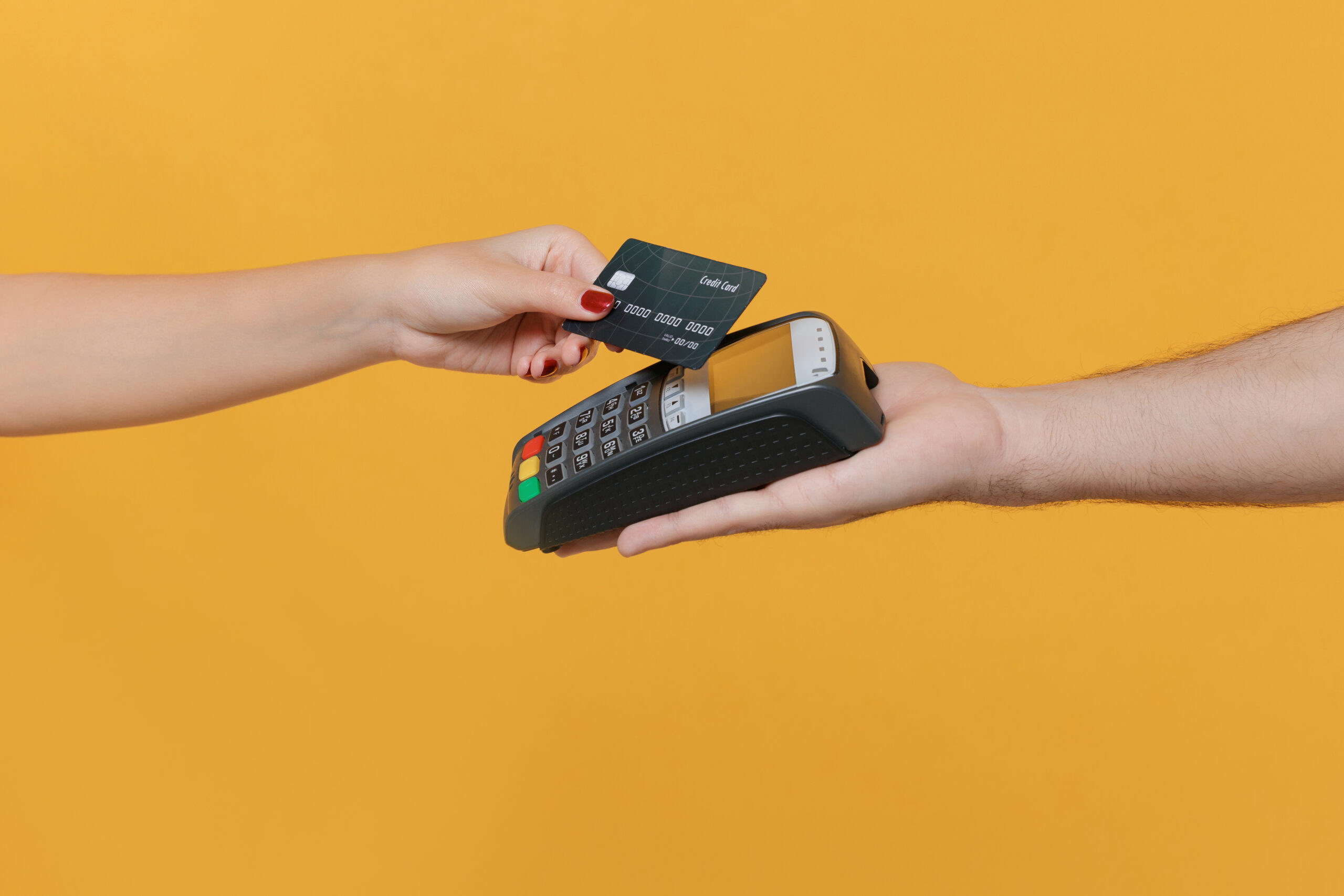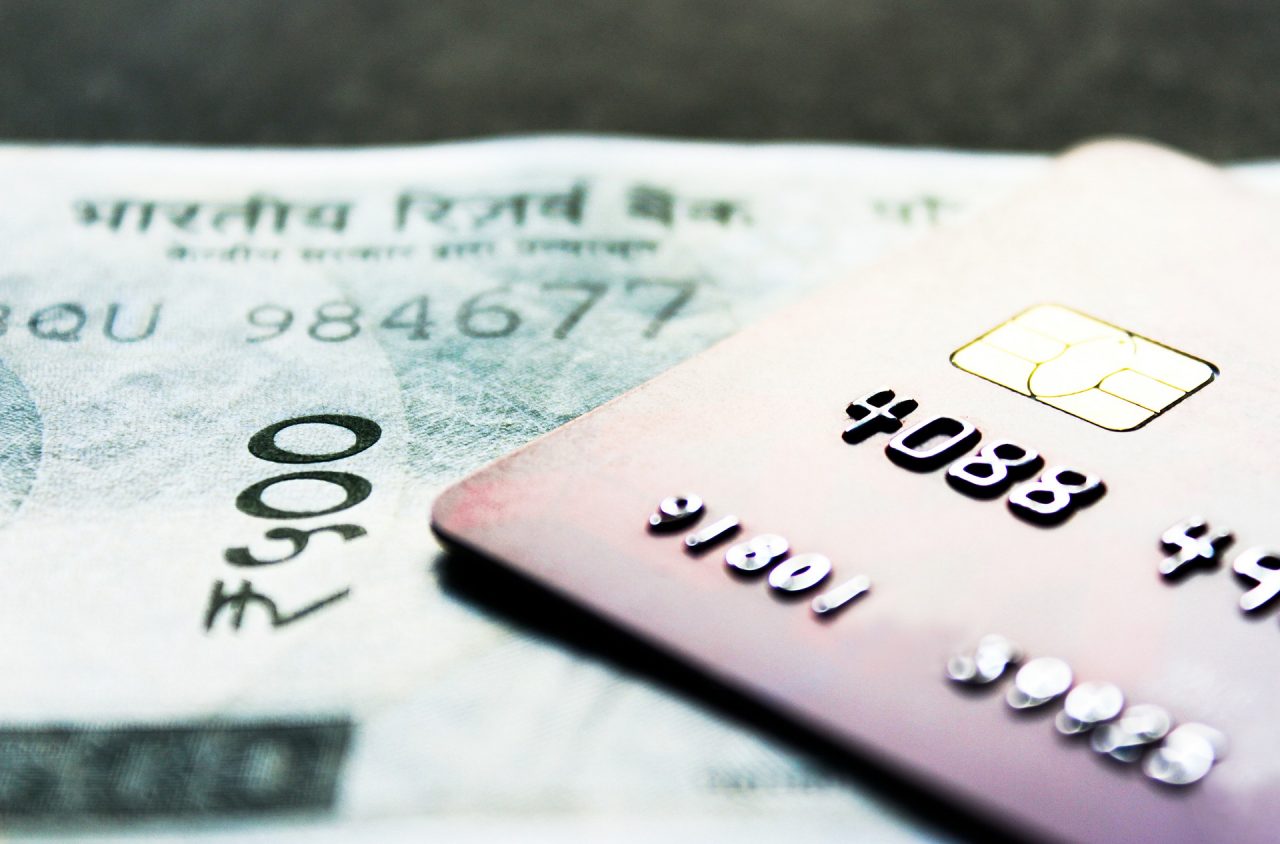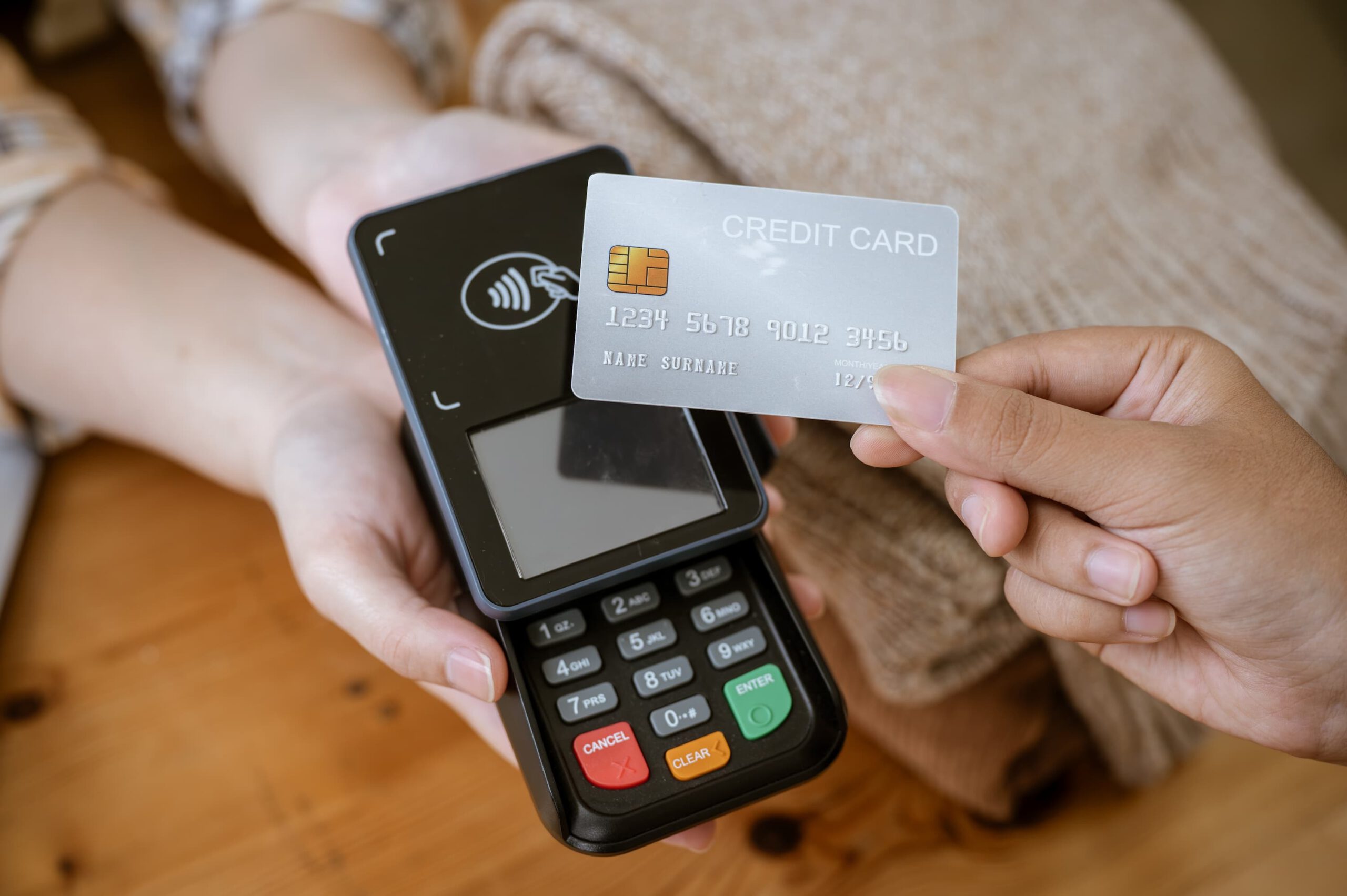Essential Things You Need To Know About A High Risk Merchant Account
If you’re a high risk merchant, or you have been classified as such by your bank, you know how difficult it can be to transact business. That’s why you need to open a merchant account. The key to a high risk merchant account is understanding the risks behind opening one and avoiding bad credit merchant accounts. Merchant accounts can be complicated and difficult to understand for the layman. In this article, you’ll learn some essential things about these accounts.
What’s A High Risk Merchant Account?
A high risk merchant account is a type of business account that is designed for businesses who have a higher than average transaction rate and are considered to be at greater risk for fraud. A high-risk merchant account can help reduce the costs associated with chargebacks, returned charges, and other fees incurred from fraudulent transactions and bad credit merchant account.
These accounts have a higher chance of being declined, which makes them more difficult to obtain. A merchant who sells products or services online will often be considered as having such a risk level because they don’t have physical locations for customers to visit.
These accounts exist so people can take on the extra responsibility of ensuring their website and business are protected from fraud by those shopping with them online. You can use these accounts to accept credit cards.
How To Know If You Need A High Risk Merchant Account?
You’ll need this account if you have a past history of chargebacks, fraud, merchant account with bad credit or deal with a business that sells certain products. If you have a high risk business, then it’s likely that your account will be canceled if there are too many chargebacks.
What You Need To Apply For A High Risk Merchant Account
You can’t apply for or get approved for this kind of account without meeting certain qualifications and requirements. Some things you’ll have to submit include:
- A valid driver’s license
- Proof of required insurance coverage (proof must include policy type and effective date)
- Personal Identification Number (PIN), sometimes referred to as “secret questions” when using online banking credentials at an ATM/drive-through facility.
The PIN should not contain any personal information such as name, address, and social security number. This requirement might also be waived in some cases where the individual is an authorized signer on the account.
- Business Registration Information
This can include Articles of Incorporation, partnership agreements, limited liability company contracts/articles or other documents showing that you are in business and have rights to conduct financial transactions such as opening a merchant account.
How Merchant Accounts Work
A merchant account is an arrangement between you and a financial institution. The financial institution gives you the ability to accept payments from customers through their payment network, which can include debit cards or credit cards. The fees you pay for this service will depend on how much volume of business you do with them, the transaction type, and the risk level.
The decision of whether or not to offer this type of service will depend on the individual bank’s policies about who they choose to do business with. Some banks may require that you be in operation for a certain number of years before being considered eligible, while others may only do business with you if there has already been fraud committed against them by customers using your services.
The Bottom Line
There’s a lot to think about when considering a high risk merchant account. It has benefits and drawbacks. So, you need to understand it properly and weigh its pros and cons before deciding whether it’s right for your business.









